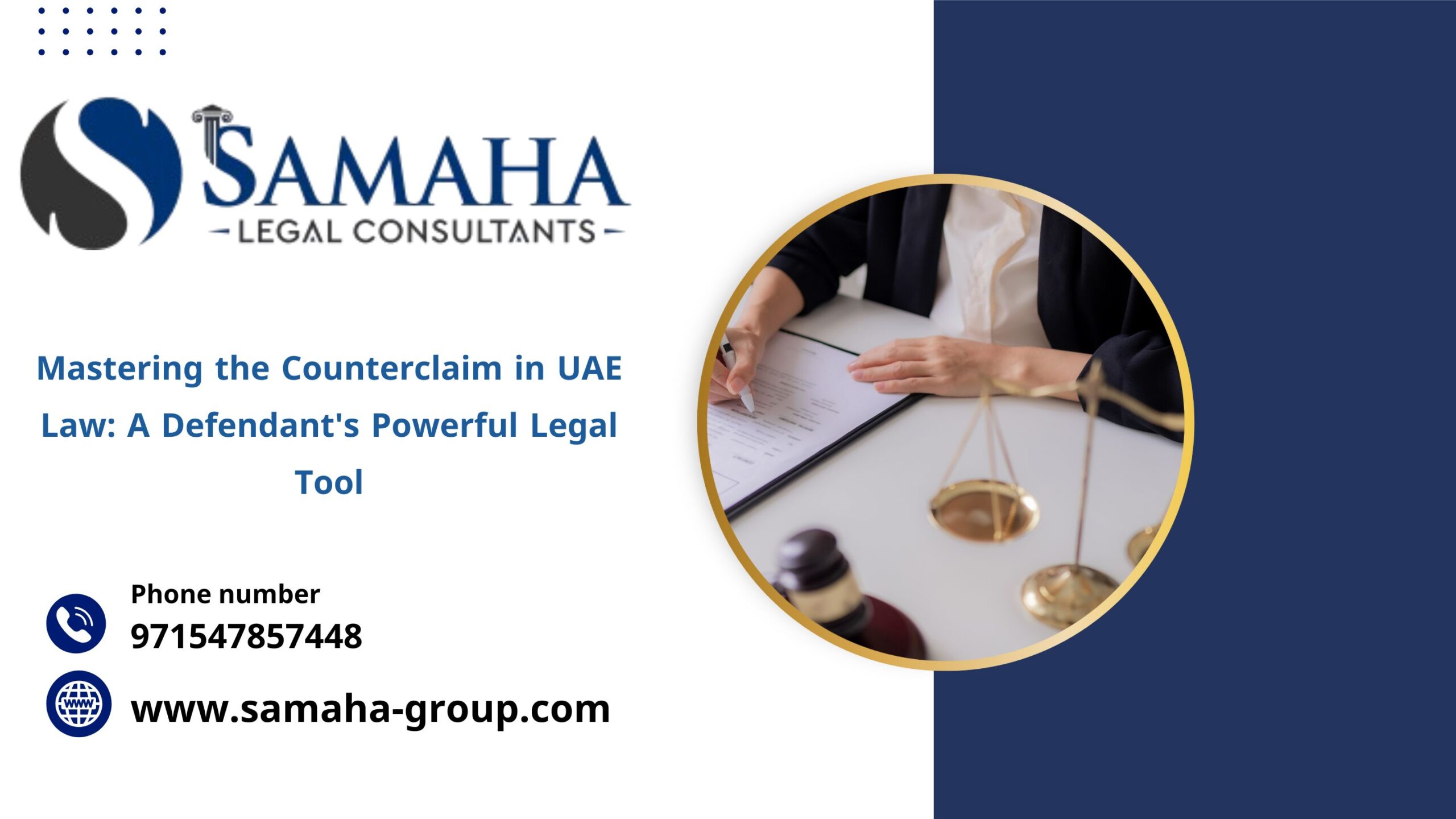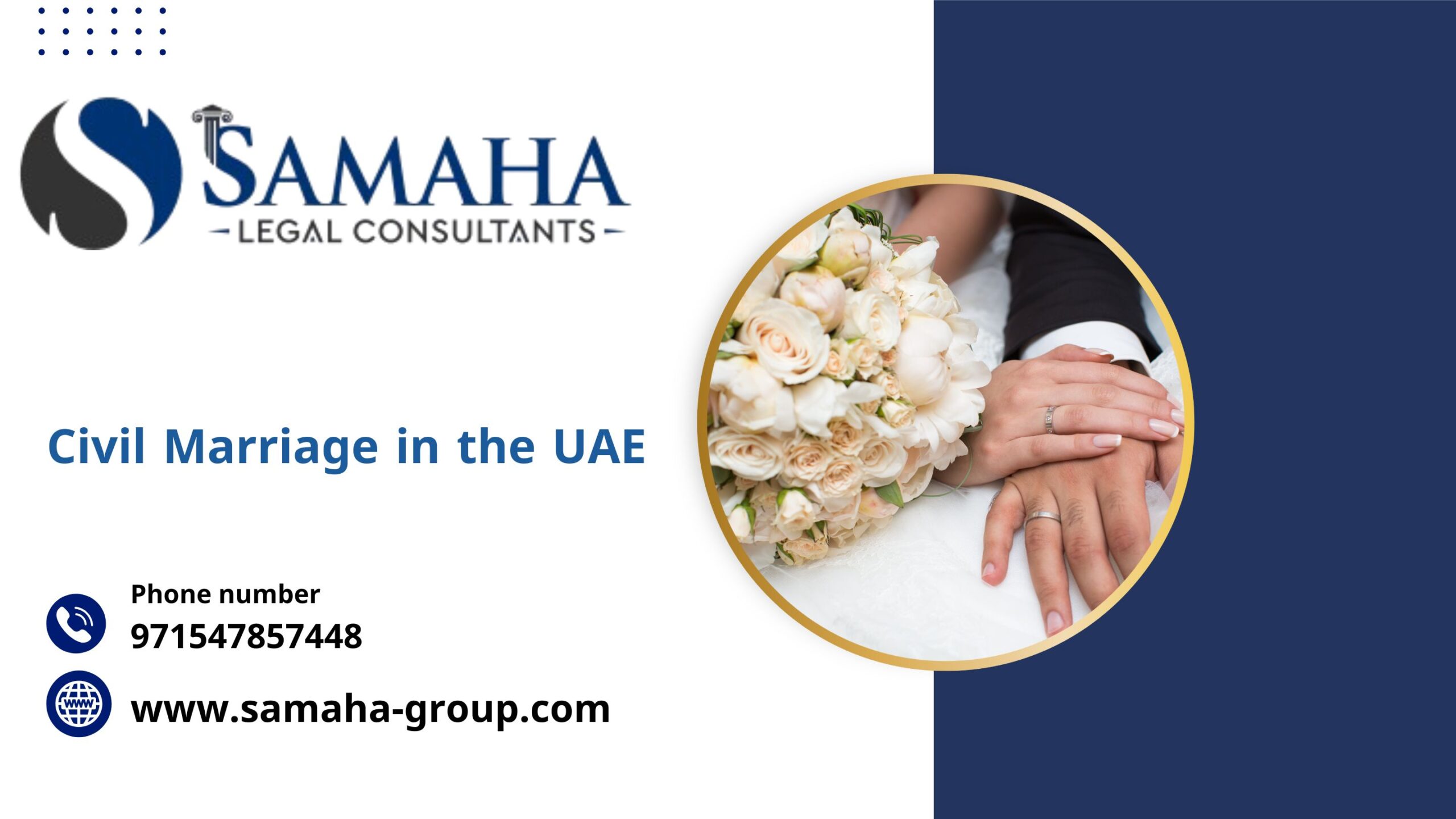Suit to invalidate a sales contract in the UAE |Samaha
Suit to invalidate a sales contract in the UAE, A void contract is a contract that holds no legal force and cannot be enforced under the law.
Understanding the fundamental reasons for voiding contracts can help you avoid legal issues and protect your rights.
You can achieve this with the assistance of a specialized law firm, such as Samaha Law Firm.
Did you enter into a sales contract that turned out to be void, and now you want to file a lawsuit to nullify it in the UAE?
In this article, we will explain the best form for a nullification lawsuit in the UAE. You can also learn about the circumstances that require filing a nullification lawsuit for a sales contract in the UAE.
Suit to invalidate a sales contract in the UAE
In sales contracts, both the buyer and the seller have the right to file a lawsuit to nullify a sales contract in the UAE if the reasons for its nullification are revealed in the contract.
If a nullification reason appears in a sales contract that benefits one of the parties, they must file a lawsuit to nullify the sales contract with the competent court.
The lawsuit must be in the form of a statement of claim containing the following information:
- Name of the court.
- Details of the plaintiff, defendant, their representatives, and addresses.
- The subject of the lawsuit, which could be a lawsuit to rescind a sales contract due to non-payment.
- The facts of the lawsuit, including an explanation of the sales contract, how it was concluded, and the duties that the other party breached.
- Submission of legal documents that support the rescission of the contract.
- Submission of the necessary documents to support the claim, most importantly a copy of the sales contract.
- Requests including the rescission of the sales contract and compensation for damages.
- The signature and date of the claim must be proven.
Form for a Lawsuit to Nullify a Sales Contract in the UAE
Through Samaha Law Firm, we can provide the best sample form for a lawsuit to nullify a sales contract in the UAE:
To the Honorable Court of…
Plaintiff: … represented by Lawyer …
Defendant: … residing at …
Subject: A lawsuit to nullify a sales contract under UAE law.
Topic: On [Date]…, the defendant organized a sales contract for the person named ……, even though the defendant did not own the sold item.
Since the contract was contingent on the owner’s approval and the owner rejected the sale, the contract was subject to nullification for the owner’s benefit.
A lawsuit to nullify the sales contract was filed within the legally specified period.
This is contingent on both the formal and substantive conditions stipulated by the UAE Civil Procedures Law being met.
Request: In light of the above and for any more valid reasons you may see, we respectfully request your honorable court to issue a judgment:
- To nullify the sales contract between the defendant … and the plaintiff …
- To restore the situation to what it was before the contract was concluded.
- To compel the defendant to pay compensation for the damage incurred by the plaintiff.
- To compel the defendant to pay all court fees and expenses.
With all due respect and appreciation. Date: … Agent: …
Cases for a Nullification Lawsuit for a Sales Contract in the UAE
A lawsuit to nullify a sales contract in the UAE is based on the premise that a sale is the process of transferring ownership of an item from one person to another in exchange for a specific item agreed upon by both the seller and the buyer.
It is binding on both parties, but the contract must be subject to the general conditions governing the conclusion of contracts in the UAE.
Completing a contract is one of the most essential conditions that cannot be waived to ensure the sales contract is not nullified and to protect the rights of both parties.
The sales contract must contain all the details related to the sale process, including the terms of the agreement, the agreed-upon amount for the sale, and the sale mechanism.
The cases for nullifying a sales contract in the UAE are important matters that, if they occur, result in the contract being voided.
These cases are divided into two types: general cases and special cases.
Each type contains related situations.
In the following paragraphs, we will explain each in detail.
General Cases of Nullifying a Sales Contract in the UAE
The general cases for nullifying a sales contract in the UAE, as stipulated by UAE law, are as follows:
- Lack of complete consent and acceptance between both parties.
If there is any suspicion of coercion on either party, the sales contract is nullified. - If any method of fraud or trickery is used to complete the sale and influence one of the parties, the sales contract in the UAE is nullified.
- If one of the parties lacks full legal capacity, whether due to insanity or being a minor, the sales contract can be nullified.
- If the sold item specified in the contract is defective or has perished.
Special Cases of Nullifying a Sales Contract in the UAE
After discussing the general cases that lead to the nullification of a sales contract in the UAE, we can move on to the special cases:
- The sold item has a defect that the seller did not disclose during the sale.
- A person appears who disputes the buyer’s ownership of the sold item.
- Failure to pay the agreed-upon amount during the sale.
- The true purpose of the sale is not genuine, such as the sale being a sham and the item being secretly given as a gift but appearing as a sale.
- The buyer is negligent in taking possession of the sold item or refuses to take possession, which causes damage to the item or harms the seller.
- The seller refuses to hand over the sold item to the buyer despite the buyer having paid the required amount. This results in a fine being imposed on the seller for not adhering to all the terms of the sale.
We have explained some information regarding a lawsuit Suit to invalidate a sales contract in the UAE.
If you need any legal advice concerning the nullification of a sales contract, you should contact us at Samaha Law Firm in the UAE via WhatsApp or Phone.









